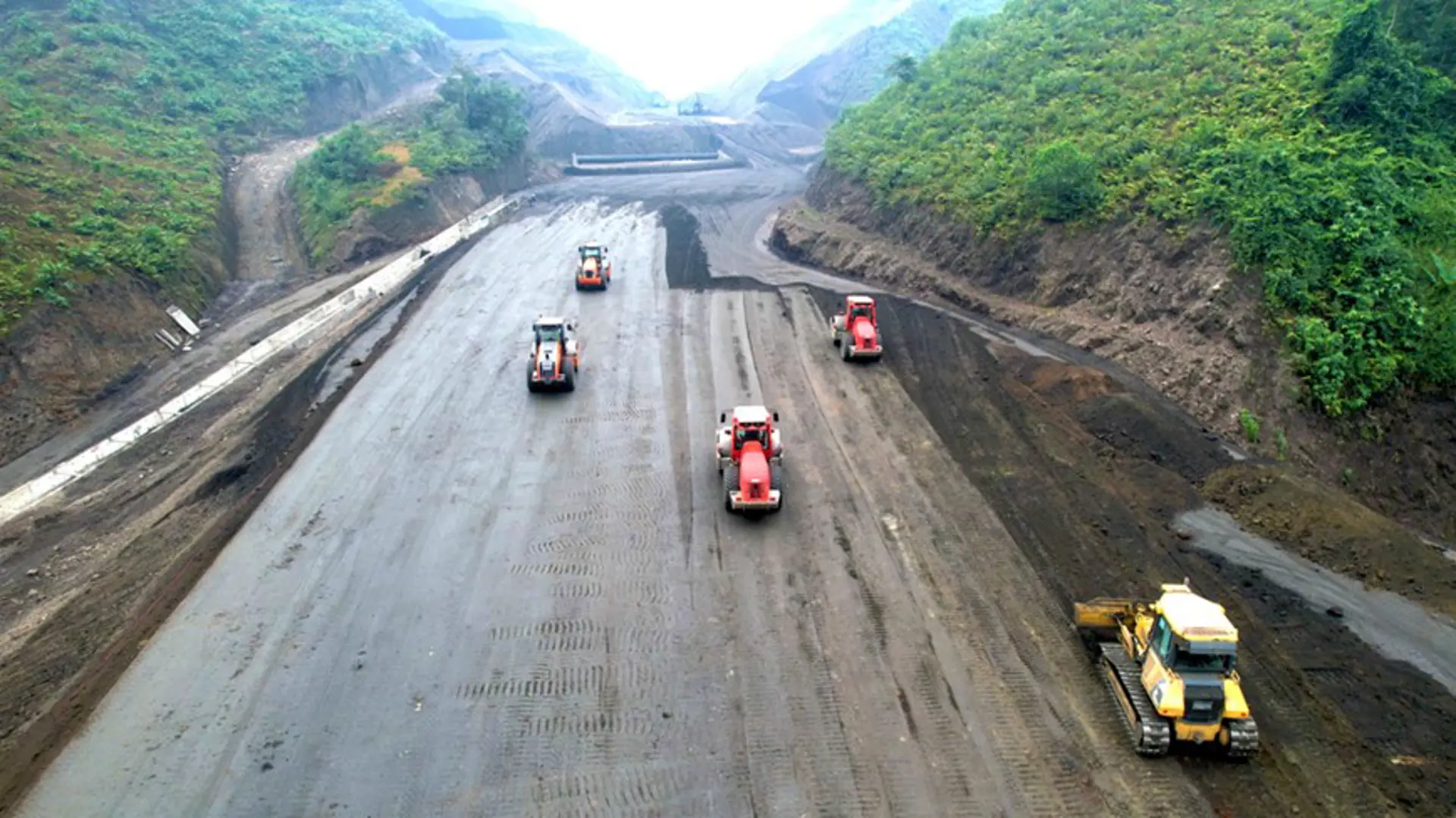Thursday, 16:19 15/08/2019
US can send coast guard ships to uphold int'l law in South China Sea: Expert
Professor Alexander L Vuving (AV) from the Asia-Pacific Center for Security Studies (APCSS) shared with Hanoitimes some thoughts on the recent Chinese infringements of Vietnam’s sovereignty in the South China Sea.

Professor Alexander L Vuving
|
AV: I think Secretary of State Mike Pompeo's remarks at this year's ARF meeting reflect well the Trump administration's stance on the South China Sea. One of the key tenets of the Free and Open Indo-Pacific Vision is its opposition to China's bullying behavior toward its neighbors. However, I think what the US has been doing is far from enough to realize the free and open Indo-Pacific vision, far from enough to alter China's coercive behavior. In the SCS, the US needs to do much more than just FONOPs (Freedom of navigation operations).
In this direction, the US can send Coast Guard ships, rather than Navy ships, to uphold international law in the South China Sea. But this requires the cooperation of the Southeast Asian littoral countries - Vietnam, the Philippines, and Malaysia. As the old adages goes, "it takes two to tango," without the Southeast Asian countries' cooperation, the US is unable to help them.
Will ASEAN nations contribute to solve the South China Sea isses and how?
AV: ASEAN is not an effective tool to deal with the SCS issue. The ASEAN members have very diverse national priorities and interests. They are also small states often dependent on the great powers for economic development and security, and ASEAN has increasingly been fallen victim to China's "divide and rule" policy.
The first reading of draft COC has completed and China keeps pushing countries to finalize the code? Will this be a way out for the SCS issues?
AV: The key problems in the SCS are China's "nine-dash line" claims and China's unilateral and coercive actions to realize these unreasonable claims. These claims and similar actions have been invalidated by the Permanent Court of Arbitration in 2016. But China rejected the rulings, even though they are now an integral part of international law, and China will use the COC to neutralize the rulings. The DOC (Declaration of Conduct) has been rendered ineffective by China's actions. Now the COC won't be a better document. Worse, I think there is a big risk that the COC, if approved by China, will serve as a trap to counteract the PCA rulings and give China a tool to bend the situation in the SCS to its advantage.
Some have suggested that Vietnam should sue China before an international court like Philippines did. What is your opinion about this?
AV: The PCA rulings in 2016 have ruled that none of the features in the Spratly Islands is entitled to an EEZ. Consequently, the area where the HYDZ-8 conducted survey in the last month, and the area where China's Coast Guard and militia have harassed Vietnam's oil exploration at Vanguard Bank and its vicinity are legally undisputed area and fall within Vietnam's EEZ.
If Vietnam sues China to the Permanent Court of Arbitration, it can easily win the case. However, whether to sue China now or at a later time or not to sue it is a strategic question that depends on many factors. I think what Vietnam must do is not to sue China right away but to collect all evidences of China's violation of international law and make it public. Vietnam must also prepare carefully and skillfully for the legal process to maximize its chance to win at the court.
Thank you very much!























